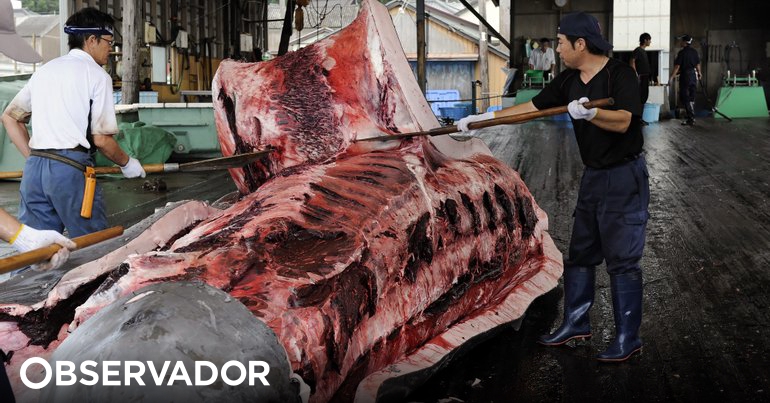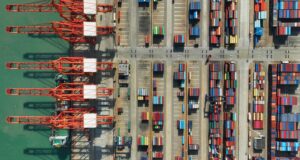
Japan’s Fisheries Agency has proposed expanding commercial whaling along the country’s coast to fin whales, a larger species than the three currently permitted.
The proposal came five years after Japan resumed commercial whaling in the country’s exclusive economic zone, which left the International Whaling Commission in 2019.
Japan has ended 30 years of whaling for research purposes, criticized by conservationists as a way to cover up commercial whaling, banned by the commission in 1988.
Government spokesman Yoshimasa Hayashi, whose constituency is traditionally known for whaling, said on Thursday that the executive supports the sustainable use of whales as part of Japan’s traditional food culture and plans to promote the industry.
Whales are an important food resource and we believe they should be used sustainably, like any other marine resources, based on scientific evidence. It is also important to maintain Japan’s traditional food culture.
The Japanese Fisheries Agency indicated that it is consulting the population until June 5th on the proposed plan, and may propose approval at the next review meeting, in mid-June.
The inclusion of fin whales in the list of permitted captures emerged after studies confirmed sufficient recovery of that population not North Pacific.
Last year, Japanese whalers captured 294 whales, less than 80% of the quota and fewer than the number of cetaceans hunted in the Antarctic and Northwest Pacific under the research program.
Japan’s whaling has been a source of controversy and attacks from conservationists, but protests largely subsided after Japan ended much-criticized Antarctic research hunts in 2019 and returned to commercial whaling. whale limited to Japanese waters.
Whale meat consumption in Japan was an affordable source of protein during the years of malnutrition after World War II, with annual consumption peaking at 233,000 tons in 1962. However, whale meat was quickly replaced by other meats and supply has fallen to around two thousand tonnes in recent years, according to Fisheries Agency statistics.
Japanese authorities want to increase that number to around five thousand tons to keep the industry afloat.
Source: https://observador.pt/2024/05/10/japao-quer-alargar-caca-da-baleia/

